Whistleblowers detail serious allegations against spinal unit at PA Hospital in Brisbane
Whistleblowers including the 2021 Queenslander of the Year have made shocking allegations of neglect and degradation at the state’s only spinal injury unit, including paralysed patients being left to lie in their own faeces, or sit naked in front of others.
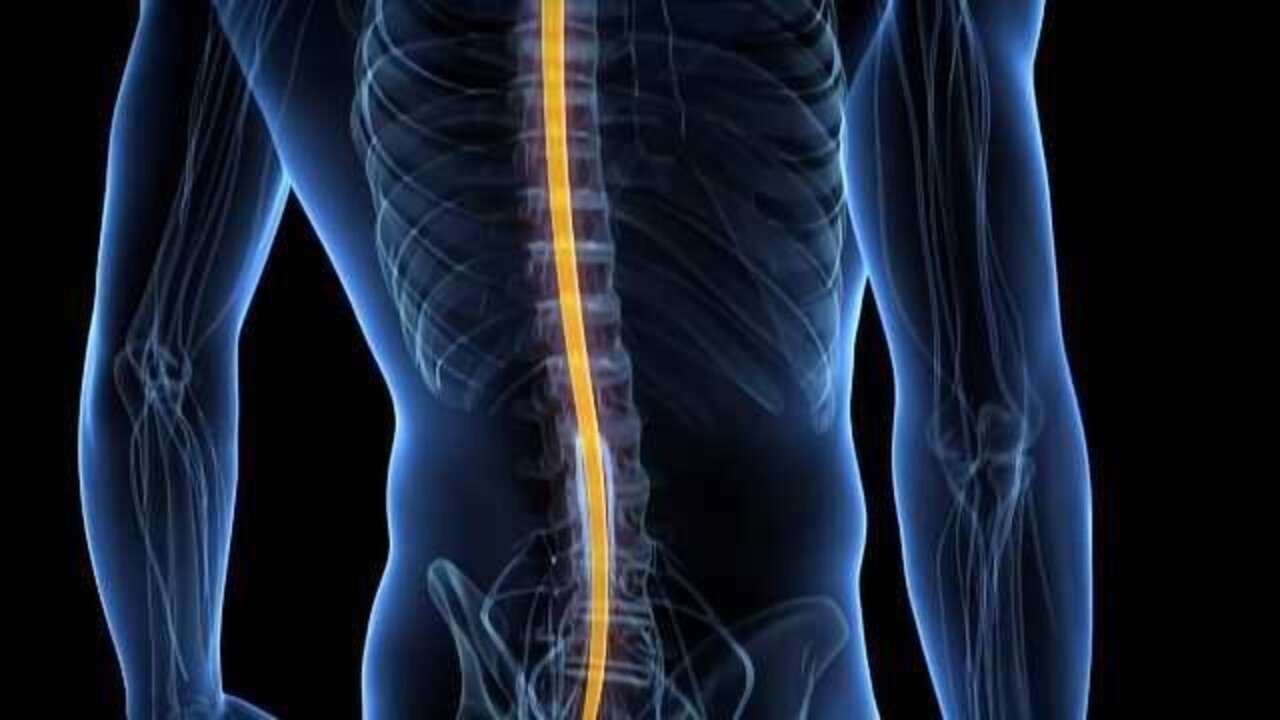
QLD News
Don't miss out on the headlines from QLD News. Followed categories will be added to My News.
Paralysed patients have been left to lie in their own faeces, sit naked in front of other patients and been subjected to aggressive bowel treatments at the state’s only spinal injury unit, whistleblowers claim.
Several former patients and 2021 Queenslander of the Year Dinesh Palipana, who is an emergency doctor, have alleged neglect and degradation at the Princess Alexandra Hospital.
Dr Palipana, who was himself a patient at the PA’s Spinal Injuries Unit in 2010, described his treatment as “confronting” and has raised concerns about the safety of patients and a perceived lack of respect for patient dignity.
He said there were even “grey areas around consent for intimate procedures”.
Dr Palipana, who works for Queensland Health and is a respected spinal injury advocate, said he was risking his job by speaking out about the treatment of patients and the conditions to which they were subjected.
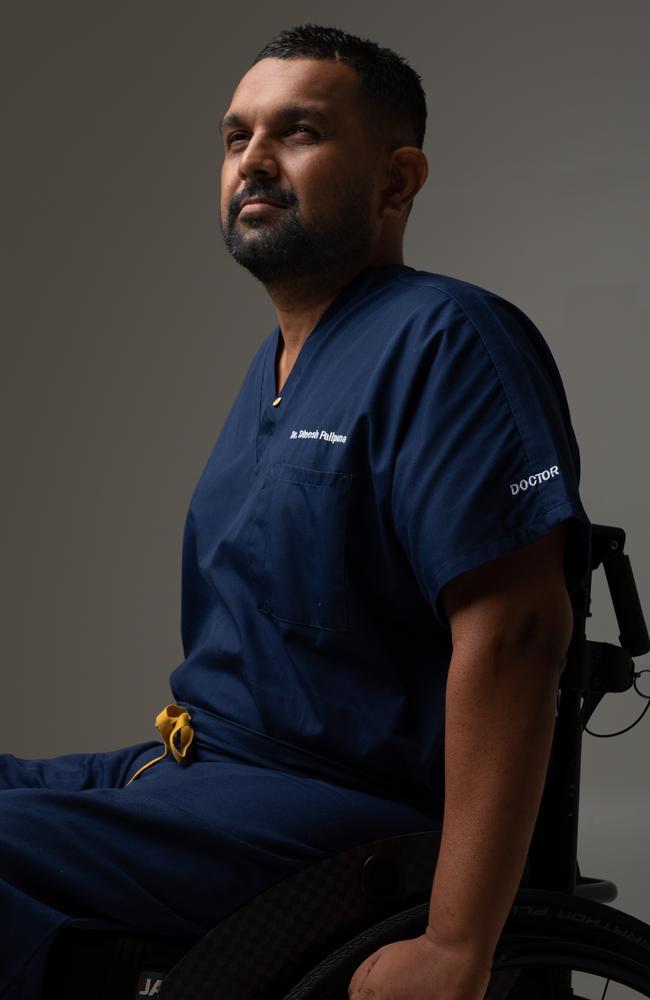
He said after years of being contacted by patients with harrowing stories of their time inside the SIU, he could no longer remain silent.
“It is a professional risk for me to share my thoughts but I continue to be contacted by people over the years who have gone through difficult situations in the Spinal Injury Unit. For that reason, I feel that I must share these thoughts regardless, so that people with spinal cord injury can have a better experience in the future,” Dr Palipana said. “My own experience involved confronting situations, challenges to dignity, concerns for physical safety, grey-areas around consent for intimate procedures at times, and want for a better environment to recover from a difficult injury.”
When The Courier-Mail approached Queensland Health about the allegations, Princess Alexandra Hospital executive director Jeremy Wellwood said “we are unaware of these specific patient care concerns and the hospital is investigating them as a matter of urgency”.
Dr Palipana sustained quadriplegia following a car accident in 2010 and remains wheelchair-bound.
On congratulating Dr Palipana when he was named Queenslander of the Year in 2021, Premier Annastacia Palaszczuk said that “he speaks, writes and advocates for the equitable treatment of people with a disability, and he has contributed significantly to the advancement of treating spinal cord injuries and restoring functions for people with paralysis”.
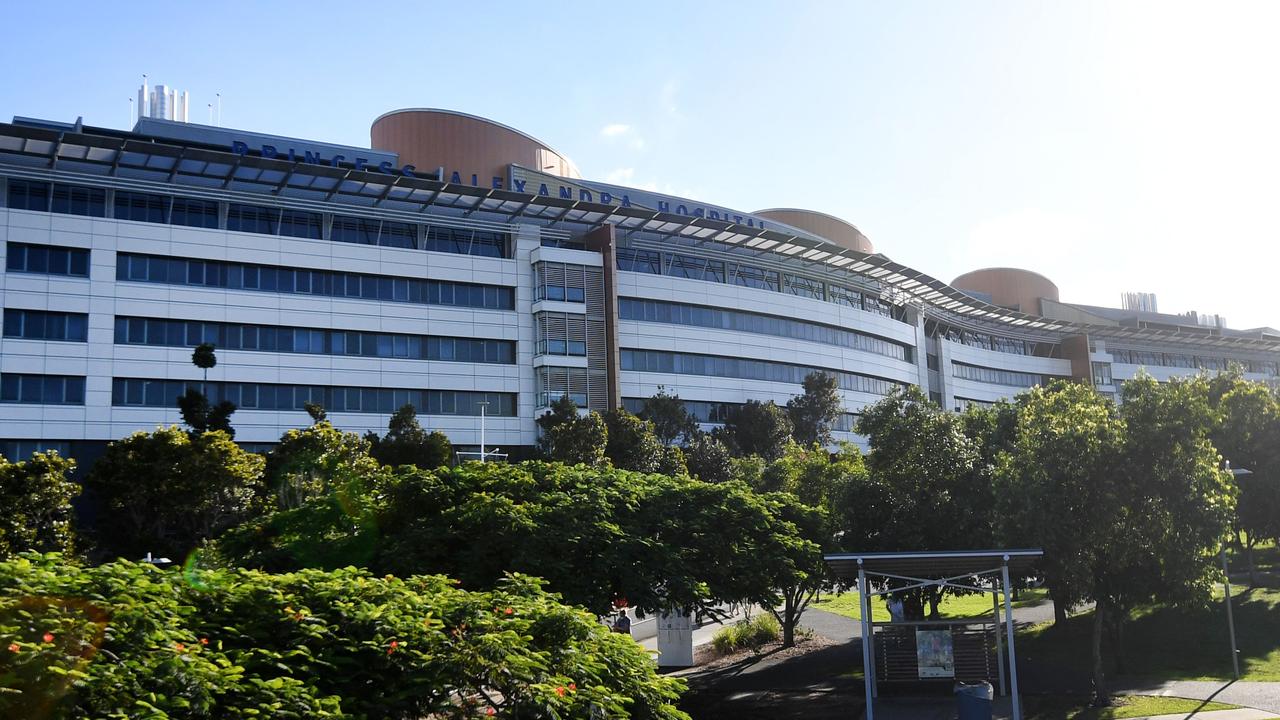
Dr Palipana said the building that houses the Spinal Injuries Unit is old, depressing and in desperate need of an upgrade.
He is calling for a much-needed investment into the Spinal Injuries Unit.
“There are passionate people within the SIU, with some doctors, nurses, and allied health staff, who are trying to do the best they can for patients under challenging circumstances including what I understand to be resourcing issues,” he said.
“It is important that we as a society give people the best care in a good environment, because these are patients who are in one of the most vulnerable states for a human being.
“For example, some patients experience complete quadriplegia and use a ventilator.
“In the Spinal Injuries Unit, patients often share a room with three other people.
“They have a shared bathroom.
“In the high care area, there are six patients.
“There have been limitations for families to visit in the past. “
People spend months, sometimes over a year, rehabilitating in this environment.”
The Courier-Mail has spoken to whistleblowers who relate their own experiences with some staff during stays at the 40-bed unit.
One told of their naked body being exposed to other patients and regular faeces in the shower.
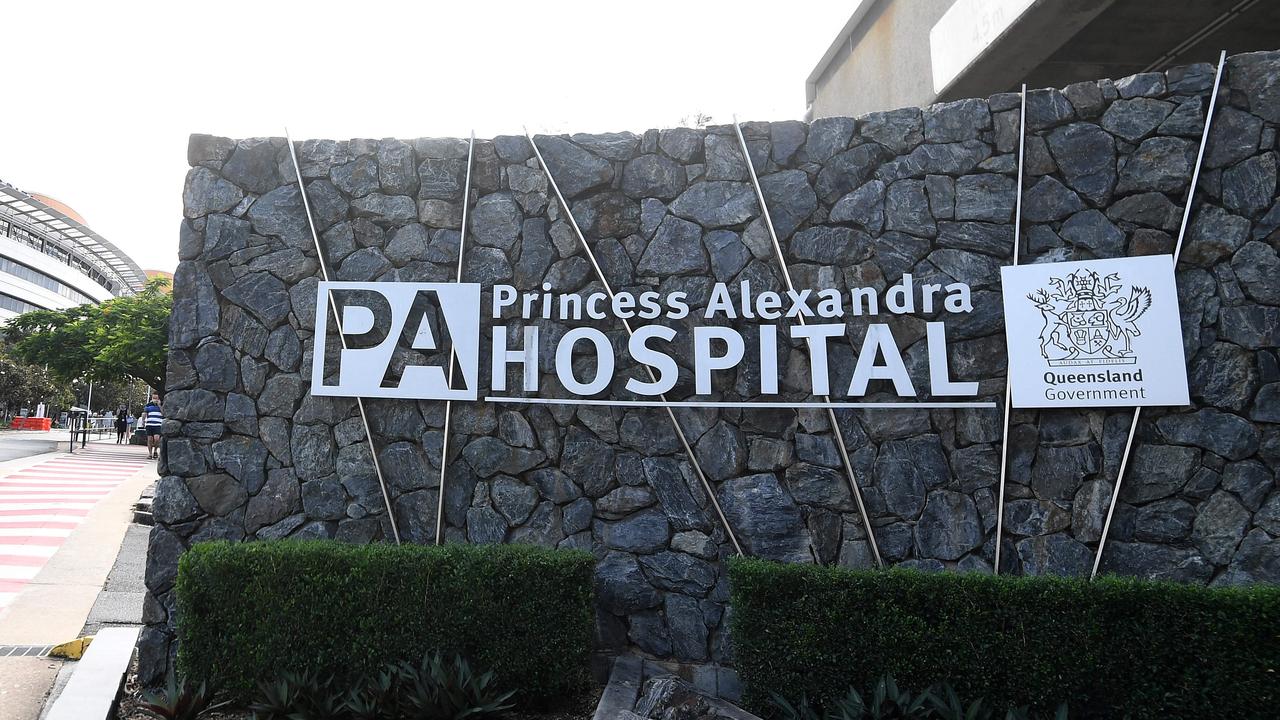
Two confirm that at the lowest point in their lives they were aggressively handled during bowel therapy and had other concerns over consent and the manner in which intimate procedures were carried out.
They both agree that they can’t shake off the humiliation.
A female in her 50s, who was a patient at the unit just over a year ago, said she feared for young people admitted to the unit.
The woman, who is a quadriplegic, said she was concerned for new patients “at a time when they are at their most vulnerable and feel they have lost everything”.
“I was the only woman in the ward,” she said. “I had no privacy. When you are paralysed you have no control over bowels. I was often just rolled over into my own waste.”
The woman described having a hand shoved inside her without warning during bowel therapy.
“I was treated like a piece of meat,” she said.
The patient said that the old building is dilapidated, dark and dank and not conducive to lifting anyone’s mood.
“It felt like a world war prisoner camp. Miserable,” the woman said.
“The PA unit is in need of being knocked down and rebuilt.”
The woman said the patients were sometimes left for up to 115 days in intensive care before being able to access a bed in the unit.
“This delay does untold damage. Early intervention treatment is vital,” she said.
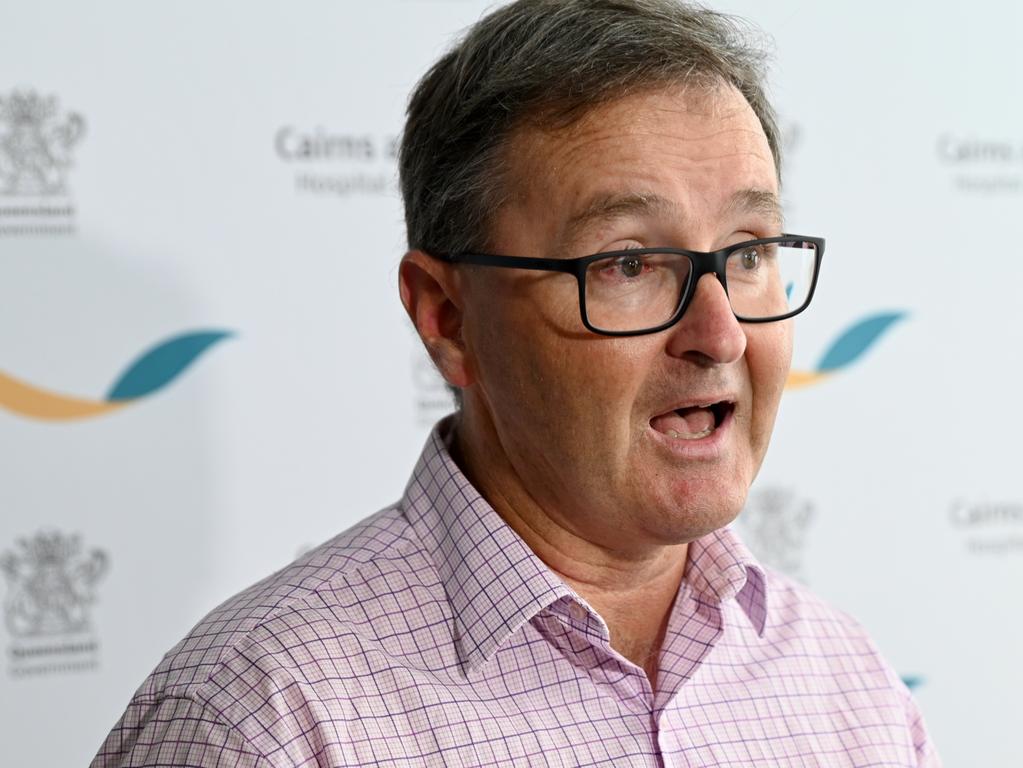
Another past patient, who was in the unit as a young man following a motorbike accident, said he too was treated roughly and felt he was not given any respect during bowel therapy.
“Patients are at their lowest ebb and feel like they have no voice,” he said.
“Many are paralysed from the chest down and they need care but are sometimes treated like they are simply a burden and worthless. A low point for me was when I would be left to sit naked in the middle of the ward in a shower chair in front of everyone and then it was rock bottom when I fell off the chair one day and landed in someone else’s faeces that was lying on the shower floor.
“We are all speaking out as it can’t be kept secret for one minute longer.”
Dr Wellwood said that Metro South Health has commenced a program to improve clinical care and the physical environment in the unit.
“This includes recruiting additional staff, purchasing new equipment, and providing additional administrative support so clinicians can spend more time providing direct nursing care,” he said.
“There is an increasing number of patients across Queensland who have a spinal injury.
“This has increased the demands for the service. This can impact on our ability to admit patients to the unit in a timely manner. To address this a new QuickStart intake model has been established to provide early intervention for patients with a spinal injury while they await formal admission to the unit.”
More Coverage
Originally published as Whistleblowers detail serious allegations against spinal unit at PA Hospital in Brisbane





